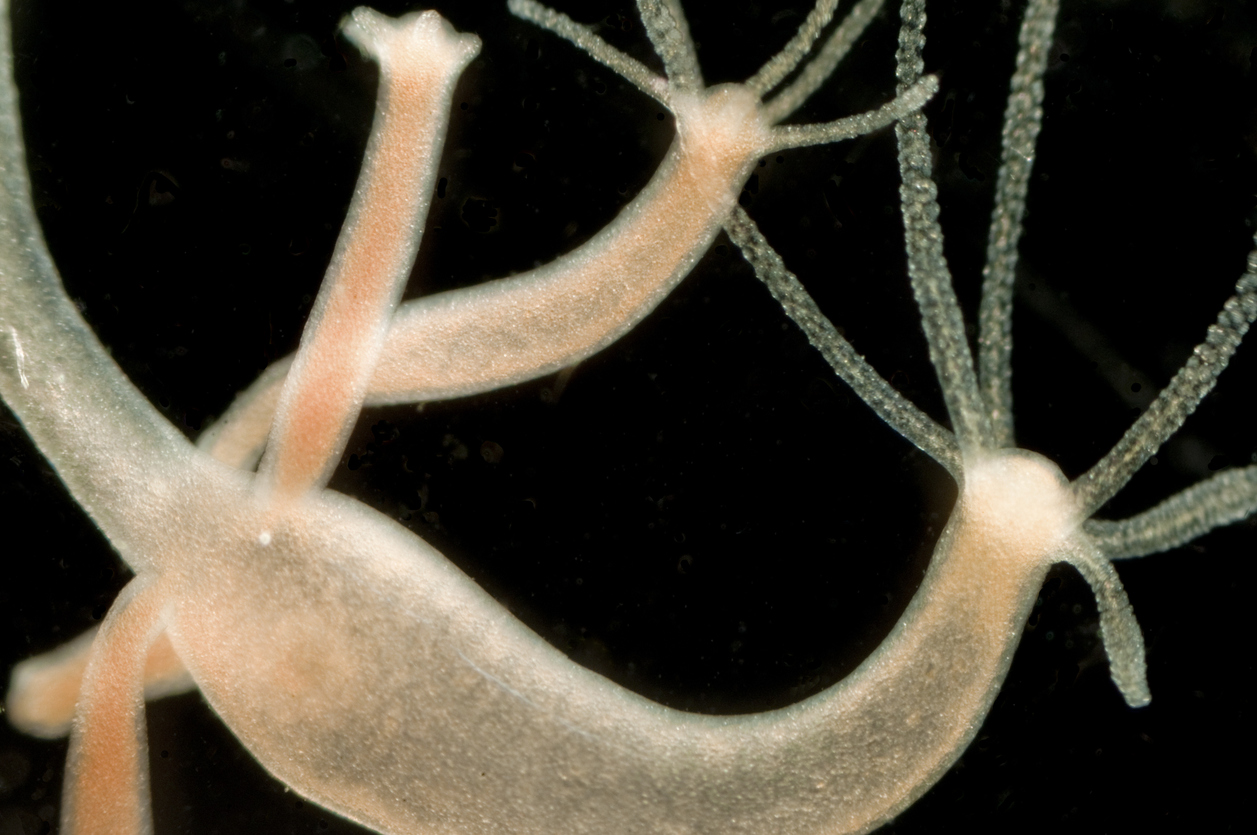clock.bio Secures $5.3M Seed Funding, Decodes Genetic Atlas of Human Rejuvenation Factors
clock.bio, a biotech company leveraging stem cell biology to extend human healthspan, has raised $5.3 million in seed funding. The round, led by LocalGlobe with participation from BlueYard Capital, Onsight Ventures, and Dr. Jonathan Milner (founder of Abcam), will support the company's work in decoding the genetic underpinnings of human rejuvenation.
At the core of clock.bio’s science is its proprietary aging model, which forces induced pluripotent stem cells (iPSCs) to age, pointing to the genetic factors that enable these cells to rejuvenate themselves. The company reports that this mechanism has now been mapped, uncovering the ability of iPSCs to repair age-related damage and return to a youthful state. By analyzing the cellular hallmarks of aging and identifying over 100 genes—now collectively called the "Atlas of Rejuvenation Factors"—clock.bio suggests there's a new avenue for therapeutic interventions targeting age-related diseases.
These findings offer promising implications for therapeutic development, as CEO Markus Gstöttner explains:
“Our approach decodes an existing biological process, which is why we believe these discoveries can be effectively translated into therapies. By screening the entire genome, we’ve identified more than 100 rejuvenation genes that offer multiple therapeutic opportunities.”
The company’s approach, as outlined in their whitepaper by scientific founder Dr. Mark Kotter and Head of Science Dr. Koby Baranes, tackles key challenges in aging research: while aging in somatic cells is irreversible, pluripotent stem cells retain the ability to reset to "age ground zero" due to their inherent flexibility and ability to differentiate into any cell type in the body.
This capacity is linked to their unique mechanisms of cellular maintenance, including high levels of DNA repair and proteostasis, which allow them to resist the cumulative damage that drives aging in other cells. By leveraging these properties, clock.bio has developed a method to model "aging in a dish" by force-aging human iPSCs and then studying how these cells activate self-repair programs to reverse aging damage.
The whitepaper suggests that clock.bio’s platform may offer a high-throughput system that could aid in identifying the genes and mechanisms involved in aging and rejuvenation.

Hydra vulgaris, a freshwater cnidarian, is a species known for its apparent lack of aging, which maintains a youthful state via the foxo-protein-mediated maintenance of stem cells. This serves as an inspiration for understanding how some biological systems avoid the decline typically seen in aging. (Photo credit: NNehring)
Key to their approach is the application of genome-wide CRISPR screens combined with single-cell RNA sequencing. Reportedly, over 3 million cells were sequenced in this process, generating 20 terabytes of data and revealing specific genetic drivers of the rejuvenation process. According to the whitepaper, this unbiased* screening method contrasts with traditional approaches that often only observe correlations between aging and disease phenotypes. clock.bio’s technology instead pinpoints causal relationships, allowing for a more direct targeting of the genes responsible for both aging and rejuvenation.
In this context, "unbiased" refers to the systematic genome-wide CRISPR screening, which tests each gene’s role without relying on preselected targets or hypotheses, allowing the discovery of novel genetic drivers. This means that the screen does not rely on prior assumptions about which genes are involved in rejuvenation or aging.
Dr. Mark Kotter, a neurosurgeon and stem cell biologist at the University of Cambridge, noted in the whitepaper:
“Embryonic stem cells and pluripotent stem cells hold the key to unlocking rejuvenation biology. By forcing iPSCs to age and then studying their rejuvenation, we can decode the repair programs that may ultimately help us treat age-related diseases.”
The next step for clock.bio involves validating the rejuvenation targets identified in the Atlas of Rejuvenation Factors. This includes applying their findings to somatic cells, where the team will map the pathways these genes influence and explore how they can be targeted for therapeutic use. The company's whitepaper highlights the potential to repurpose existing drugs or develop new therapies that could reverse aging hallmarks, aiming to extend healthspan by 20 years.
With the seed funding in place, clock.bio plans to accelerate research into validating the Atlas and prioritize targets for clinical development.
The company is also expanding its team, welcoming CTO Rodrigo Santos, alongside co-founder and Chairman Mark Kotter, to lead the next phase of research and development.
Topics: Aging & Longevity